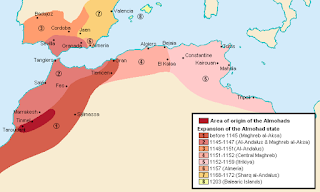Letter to Myself

My trip to Morocco was an impeccable experience for a multitude of reasons. Not only was it the first time I have been outside of North America, but it also pushed me out of my comfort zone and showed me a world that I never knew about. One of the main things that I would like future me to take away from this experience is what we learned about Islam. Today, many Americans have many misconceptions about what Islam is and the basic beliefs of the religion. While the media largely perpetuates this idea, many Americans do not bother to actually look into the facts or go to Muslim countries and experience the culture. From the very first lectures we had in Morocco in addition to reading Dreams of Trespass , we learned that the media is incredibly inaccurate in its portrayals of Islam. In fact, not only are there Sunni and Shia Muslims, but there are also many different schools within Islam that can determine one’s individual views and beliefs. For example, Morocco follows...




